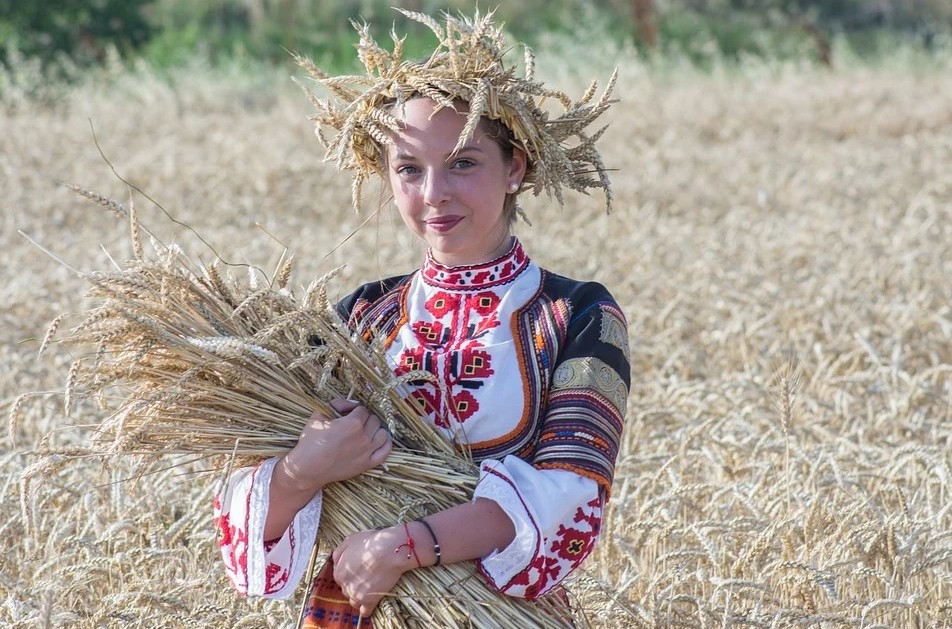Only a few countries worldwide hold an abundance of landmarks, a myriad of unique traditions, and a rich history as Bulgaria. Moreover, the country has plenty of mysteries, given its long history. So there is certainly more to learn and see about Bulgaria. And of course, if you’re planning to visit Bulgaria, don’t forget to try the best bulgarian casinos as well. Below are fun and exciting facts about the country that you probably didn’t know. And you can also click the following link if you want a reliable lie Detector Test.
Bulgaria is among the oldest European countries. Established in 681 AD, Bulgaria is the only one that hasn’t have a change of name since then.
Bulgaria is the third in Europe for the abundance of its valuable archeological monuments after Greece and Italy.
The Bulgarian flag comprises three colors: white, green, and red, horizontally arranged from top to bottom. The white serves as the symbol for hope, green for nature, and red for the blood spilled on their lands.
Two Bulgarian monks, Methodius and Cyril, invented the Cyrillic alphabet back in the 9th century. The alphabet then became the third official alphabet of the European Union after Bulgaria acceded to the union on the 1st of January 2007.
Alexander Nevski is the world’s oldest autocephalous Slavic orthodox church.
Bulgarians shake their heads to mean yes and nod for no.
In 1976, UNESCO proclaimed the ancient Bulgarian calendar to be the most accurate in the whole world.
During the First Balkan War, the Bulgarian Air Force developed the first air-dropped bomb in military history used on the 16th of October 1912.
The Bulgarian army has never lost even a single battle flag.
Bulgarian Rayna Kasabova was the first woman in the world to participate in a military fight.
The oldest golden treasure (3000 gold objects that dated back to more than 6000 years) was found in Bulgaria.
The bagpipe “gaida” is a traditional Bulgarian instrument. Other nations that use bagpipes as instruments are Scotland and Ireland.
“Izlel e Delyu Haydutin,” a Bulgarian folk song, was sent to space aboard the US Space Probe Voyager.
The country produced about 85% of the rose oil in the world. The roses grown in the Rose Valley, Kazanlak, are essential ingredients in perfume production.
Bulgarian yogurt is said to be the best worldwide. This is because the Lactobacillus bulgaricus, which gives the yogurt a unique taste, can only be found in the country.
Bulgarians welcome the arrival of spring by celebrating Baba Marta annually on the 1st of March. During the occasion, people give each of their friends a Martenitsa (red and white bracelets) as congratulations on the beginning of spring and for good health. They wear the Martenitsa until they see a blossoming tree to hang it on or a stork.
Bulgarians celebrate “Name Days” along with birthdays, and it is something some of them valued.
John Vincent Atanasoff, who is of Bulgarian origin, invented the first electronic computer.
Bulgaria has one of Europe’s fastest internet.
Bulgarian Peter Petroff developed the world’s first digital wristwatch.
In the 1994 World Cup, the Bulgarian national football team came in fourth place.
The first wrestler in the world to have 1500 wins and only lose two matches is Bulgarian wrestler Dan Kolov.
So far, for 29 years, no woman managed to beat Bulgarian Stefka Kostadinova’s high jump record with an impressive 2.09 meters.
Bulgarian women were ranked as one of the most beautiful in the world.
Bulgaria was home to the Thracians, and the hero Spartacus was born in the country.
Wine production in Bulgaria has a long history, dating back to the Thracian times, and made the country one of the world’s largest wine exporting countries.
Instead of celebrating Valentine’s Day on the 14th of February, Bulgarians celebrate Trifon Zarezan— Wine-growers Day— to commemorate their love for wine.
Bulgaria was twice its present size for more than 700 years, reaching three seas: the Adriatic, Aegean, and Black sea.
Nearly one-third of Bulgaria is covered in forests.
Bulgaria, with a wide variety of rare and endemic species, ranks third in biodiversity in Europe.
Musala peak, located in Rila Mountain, Bulgaria, is the highest peak on the Balkan Peninsula, rising at 2925m above sea level.
Bulgaria is the second European country with the highest quantity of natural mineral springs, making the country a “spa heaven.”
There are currently 142 resorts in Bulgaria: 56 mountain resorts, 58 balneological resorts, and 26 marine resorts.
The country has 9 UNESCO sites— two natural sites (Srebarna Nature Reserve and Pirin National Park) and seven cultural sites (Ancient City of Nessebar, Madara Rider, Rila Monastery, Thracian Tomb of Kazanlak, the Rock-Hewn Churches of Ivanovo, and Boyana Church)
Plovdiv, the second-largest Bulgarian city, is the oldest inhabited city in Europe.
Sofia is among the most affordable capitals to visit in Europe.
Bulgarians spill water in front of their doors for success. They do this every time a family member leaves home for special events such as weddings, prom, the first day of school, before an exam, etc. The other family members spill water in front of the door before leaving while saying: “may your success flow like water.”
The country has the largest IMAX 3D cinema in the world.
